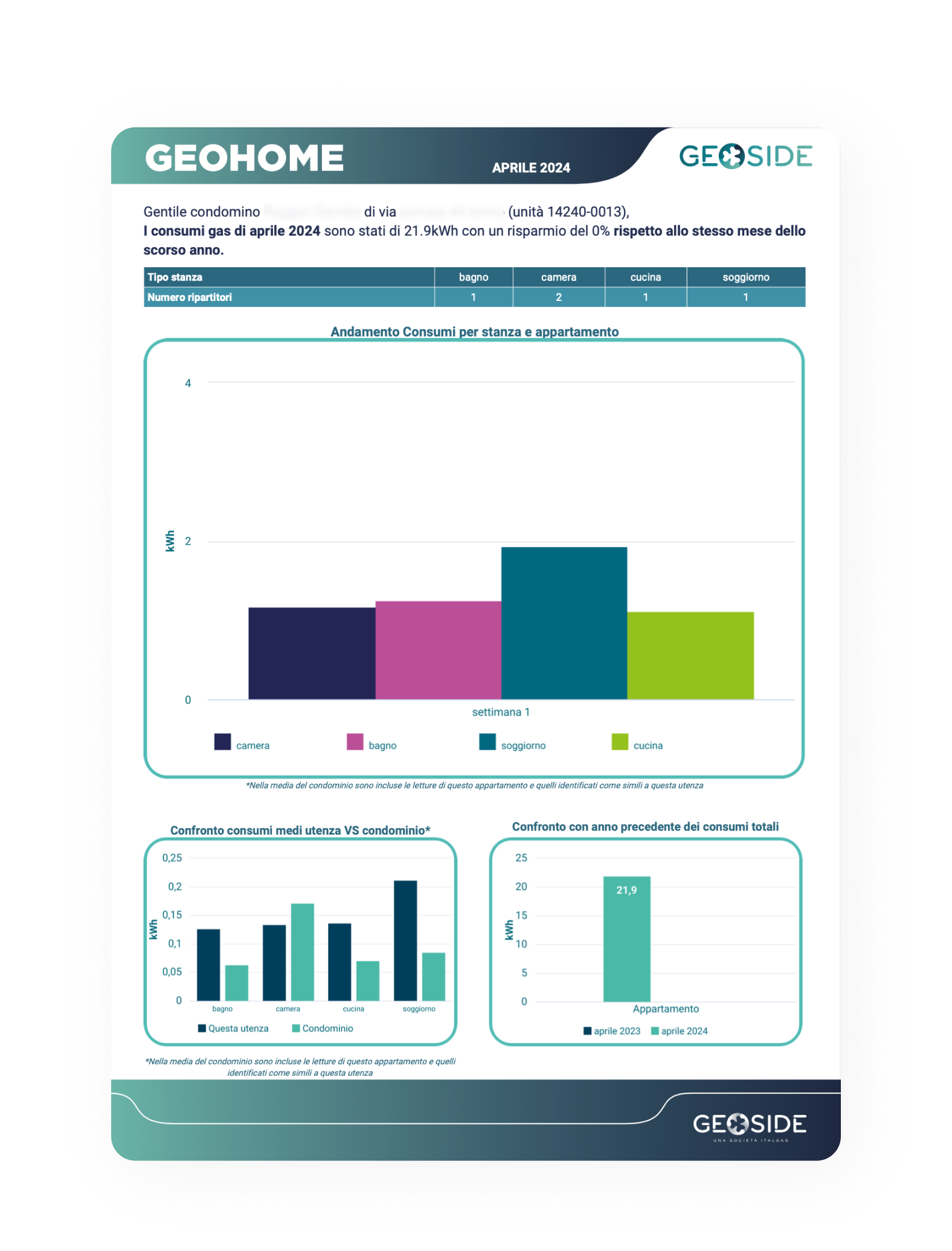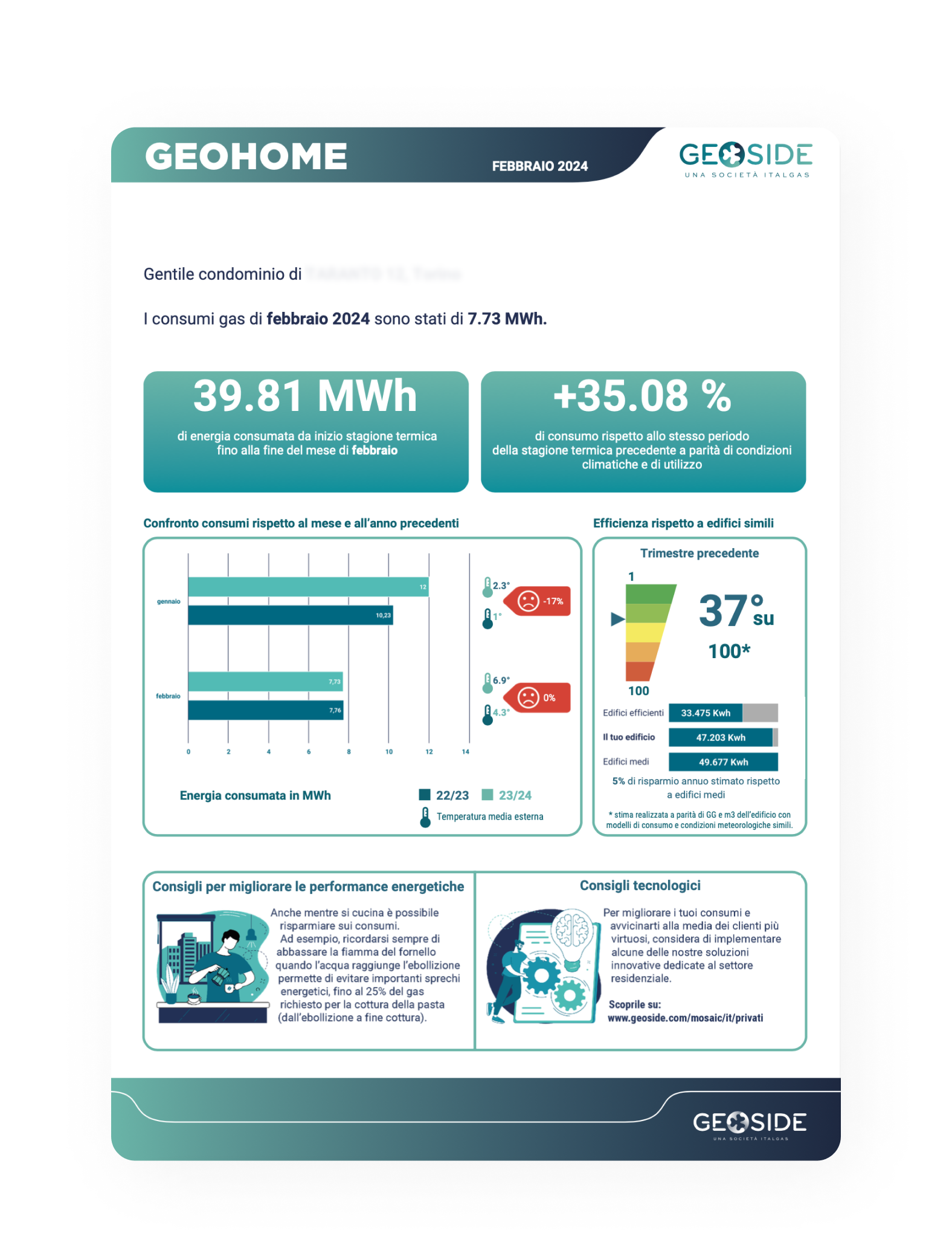Geoside supports the customer through a Business Sustainability Ratings process
SUSTAINABILITY AS A NEW COMPETITIVE BUSINESS MODEL
Circular Economy is becoming established across product sectors as a realistic solution to combine market competitiveness with environmental sustainability, through innovation. An important step, if not the first one, in using this model is an in-depth analysis of all stakeholders of corporate and environmental sustainability issues.
The Business Sustainability Ratings process offered by Geoside gives the necessary tools to measure the quality of suppliers’ Supply Chain Systems and to assess their sustainability.
METHODOLOGY
The Business Sustainability Rating methodology is based on 4 key principles:
- Certifications: these are the tangible part of the questionnaire.
- Areas of Action: the questionnaire takes into account the sector to which the company in question belongs, its size, and the geographical area in which it operates.
- Best Practices: these will be examined in order to determine the evaluation to be attributed to each supplier more precisely.
- Updating and development: continuous in-depth analysis for the Energy Management Team and professionals to make sure the issues identified are constantly updated and developed.
AREAS FOR ANALYSIS
The areas that will be analysed and studied are shown in the table below. The different areas can be developed with specific in-depth studies according to the customer’s sector and the target areas the measurements they wish to focus on.
Environmental
- Pollution
- Waste
- Biodiversity
- Materials
- ISO 14001
Energy
- Renewable energy
- Self-production of energy
- Monitoring
- ISO 50001
- Energy savings
Ethics
- Corruption
- Bribery
- Data security
- ISO 37001
- Reputation audits
Social Responsibility
- Employee health and safety
- Protection of minorities
- Human rights
- Training programmes
Sustainable Procurement
- Sustainable procurement policies
- Specific training in Green Procurement
STRUCTURE OF BUSINESS SUSTAINABILITY RATINGS
Geoside will develop a Questionnaire that will be implemented on an online platform and submitted to stakeholders via a link. By accessing the link, they can answer the questions in accordance with the timeframe and procedures established by Geoside together with the client. The questionnaire will include the possibility to upload the required documentation, such as certifications.
With the customer’s consent, Geoside will send the link to the specified stakeholders via e-mail.
After completion of the questionnaire, Seaside will send the customer two reports:
1. Summary Report, containing all the ratings and statistical analyses carried out on stakeholders, as well as future proposals for improvement by rating band.
2. Individual Report, representing the rating obtained and the specific analyses carried out for each supplier.
ANALYSIS AND ATTRIBUTION OF RATINGS
The Questionnaire proposed by Seaside will be divided into various sections that will examine the areas of Energy, Environment, Ethics, Social Responsibility, and Sustainable Procurement.
Each section will be given a rating (i.e., its “weight” in the final result).
Depending on the stakeholder group being investigated, the scores associated with each section may change. The decisive variables for this change could be the size of stakeholders being analysed, the product sector to which they belong and the areas of analysis the requesting party is most interested in.
The main analyses that will be carried out on the results obtained from the completion of the questionnaires will be:
- Analysis of Response Times.
- Analysis of the distribution and positioning of the company in relation to the total number of companies analysed.
- Quadrant analysis between what will be defined as action (“quantitative”) and what will be defined as commitment (“qualitative”).
- Comparison of the correlation obtained between the different areas to highlight any inconsistent behaviour in stakeholders.
BUSINESS SUSTAINABILITY RATINGS ARE ONLY THE FIRST STEP
The Seaside team will design a tailored development plan for each stakeholder in order to bring them to a level of Sustainability that is competitive in the market and in line with the sustainable development of the Territory. The following are just some of the proposals:
Training
- EGE course
- Course on Circular Economy
- Safety course
Certification
Support to achieve:
- ISO 50001:2018
- ISO 14001
Energy efficiency projects
- Monitoring
- Predictive Energy Analytics software
- Power Quality

